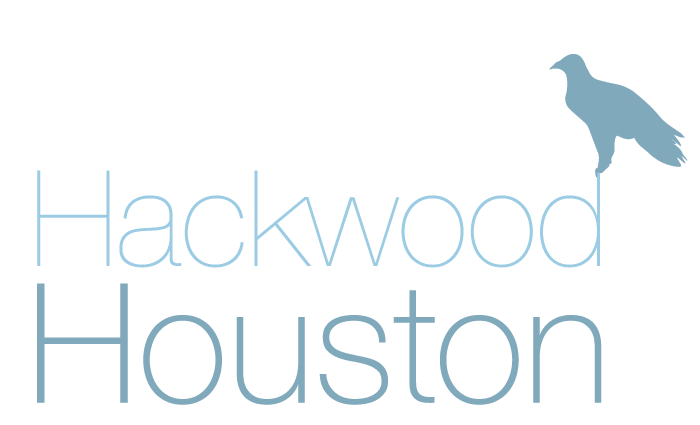As a young impressionable lawyer and new “green” partner many years ago, again, I was excited to get involved with a serial entrepreneur, who was an experienced turnaround specialist. I worked hard to impress him and on one transaction we worked through the night together, as was pretty common at that time. I was up against an experienced partner at a major law firm on the other side negotiating away, and during this process that partner was called away, had to leave and go and deal with another pressing transaction. He was a pretty intransigent and difficult fellow and he left a capable but more junior lawyer to run my deal. Over the next couple of days I really got the better of this other lawyer and got him to agree to things it would have been harder to achieve with the partner, I thought I was doing a great job for my client, and I was. Then came the morning of signing, everything was ready. And then at the last minute the absent partner for the other side turned up and started to say his colleague had been wrong, he shouldn’t have agreed to several things and he started to open up the whole deal again. I was furious and started to take this partner and his colleague apart, they were on the back foot, I had the higher moral ground, it had all been agreed, too late to open things up again. I had them on the ropes and I was enjoying it. It all got rather heated.
Then my client called for a pause. He took me to one side and said “Stephen I know you are right and I am very grateful to you for the way you have negotiated this deal for me, but I can see where this is going and I have to work with these people after the deal. I know you can take them apart on these issues but ultimately, to get to where I need to get to, I want you to concede on these points, we need to “withdraw the barb.”
Strange expression may be, but I knew what he meant.
We were a bunch of lawyers going at it hammer and tong and I smelt victory. But my client called me off. He was looking at the bigger picture, the post- closing relationships he was going to have to live with and manage and weighing that against the benefits of winning a battle, he decided he didn’t need to win. Interesting point. I always remembered that too and it helped shape the lawyer I would, eventually, become. Keep the big picture in mind and don’t fight the things you don’t need to, and remember to listen to your client, and understand their objectives.
There are cleverer ways of winning for a client, and as their lawyer you need to recognize where emotion, in you or your client or the other side or their lawyers, is getting in the way or can be used to your client’s advantage. You need to take a step back, see the big picture and when you are ready, withdraw the barb, end the fight and move to the end game.
Stephen Houston
May 2017

